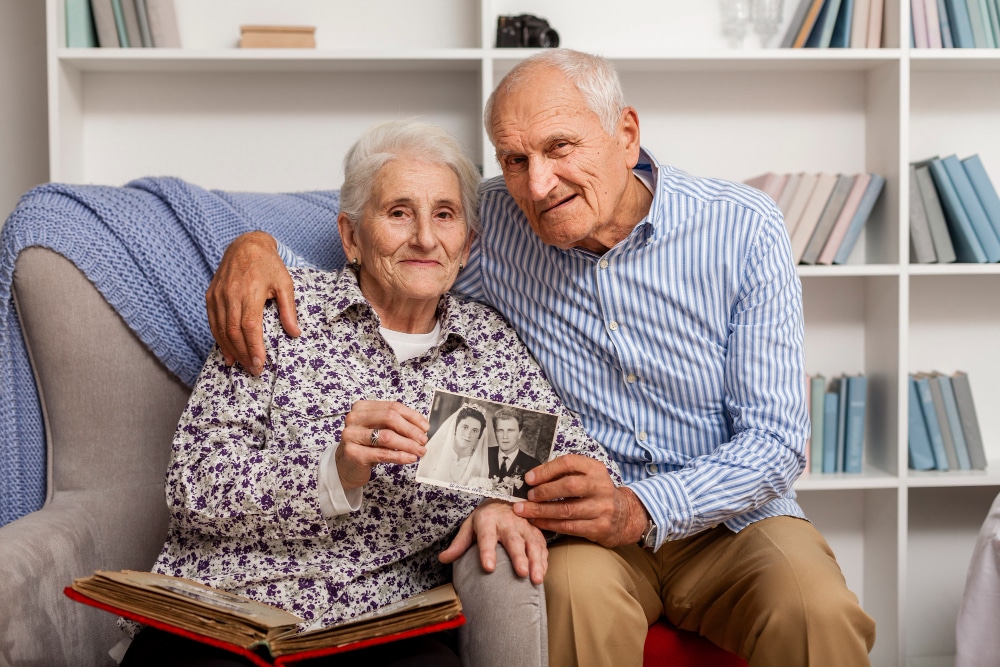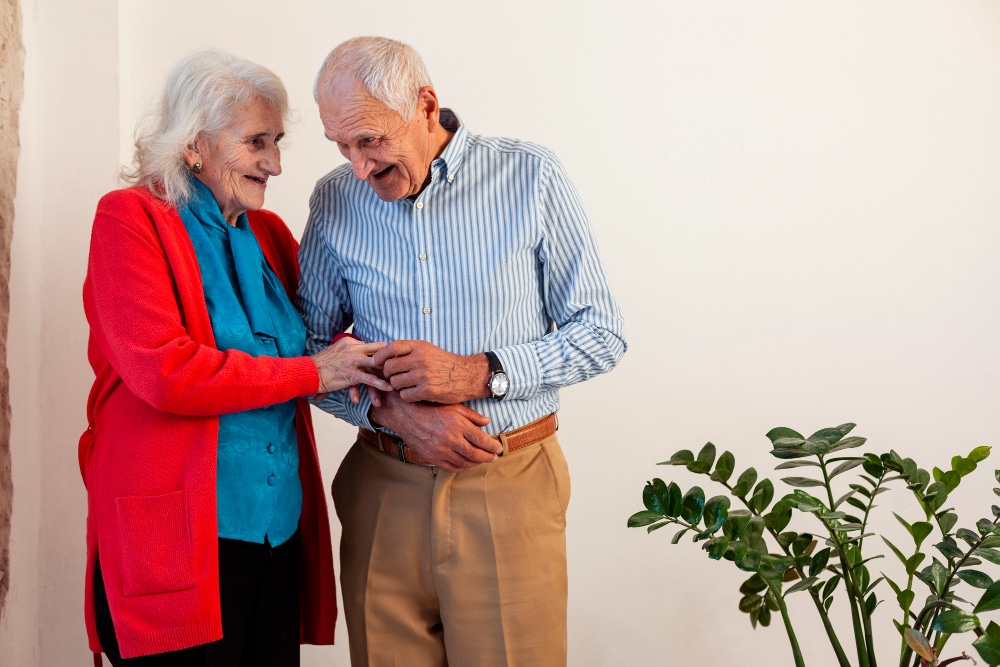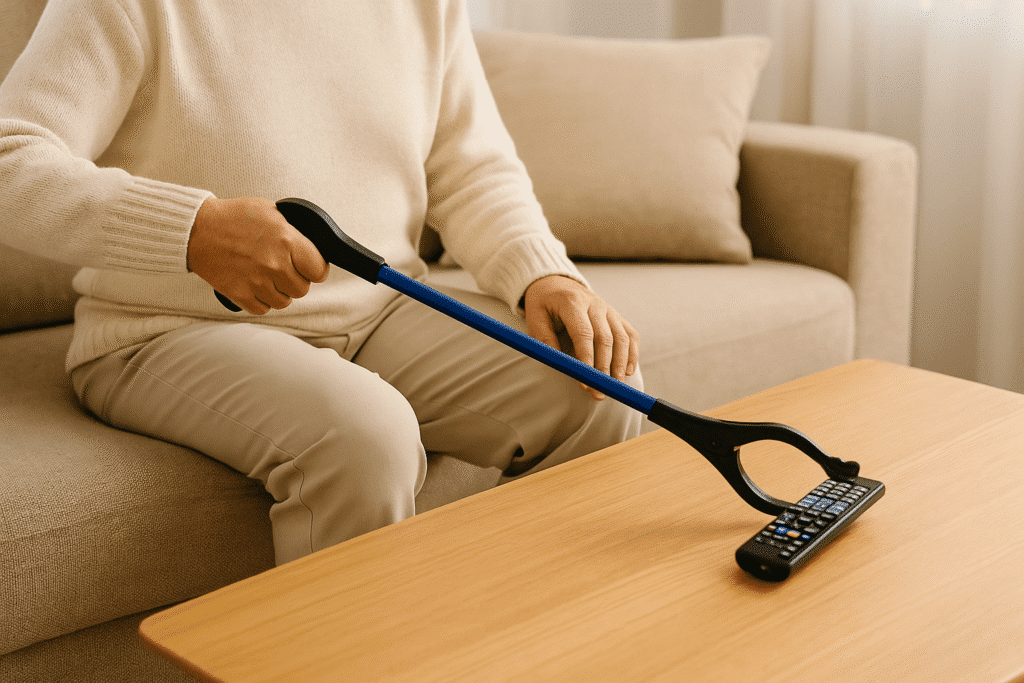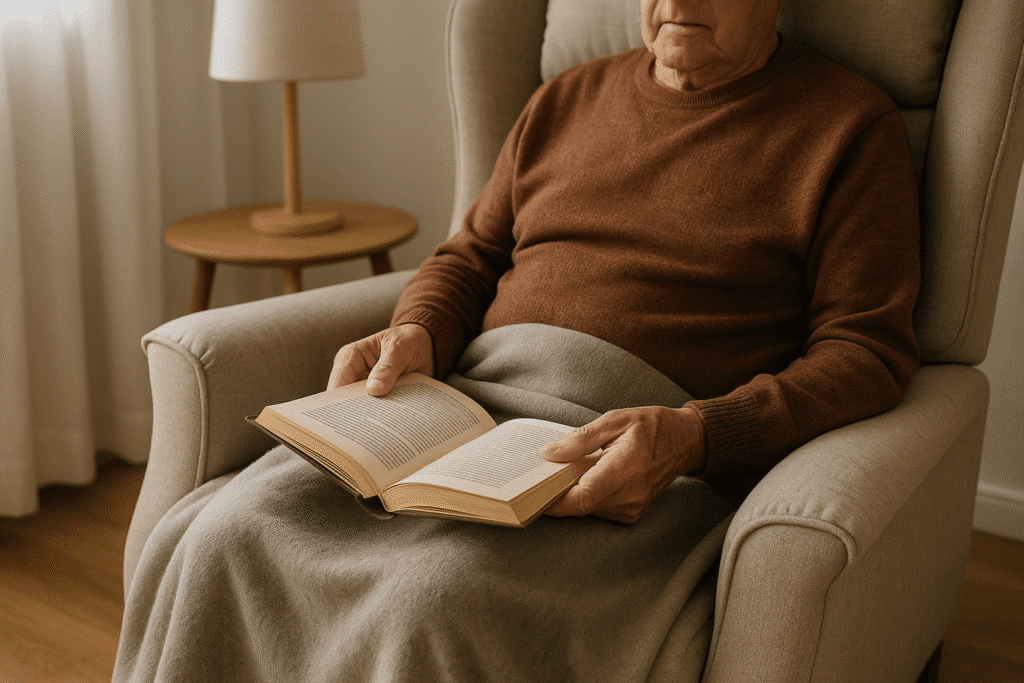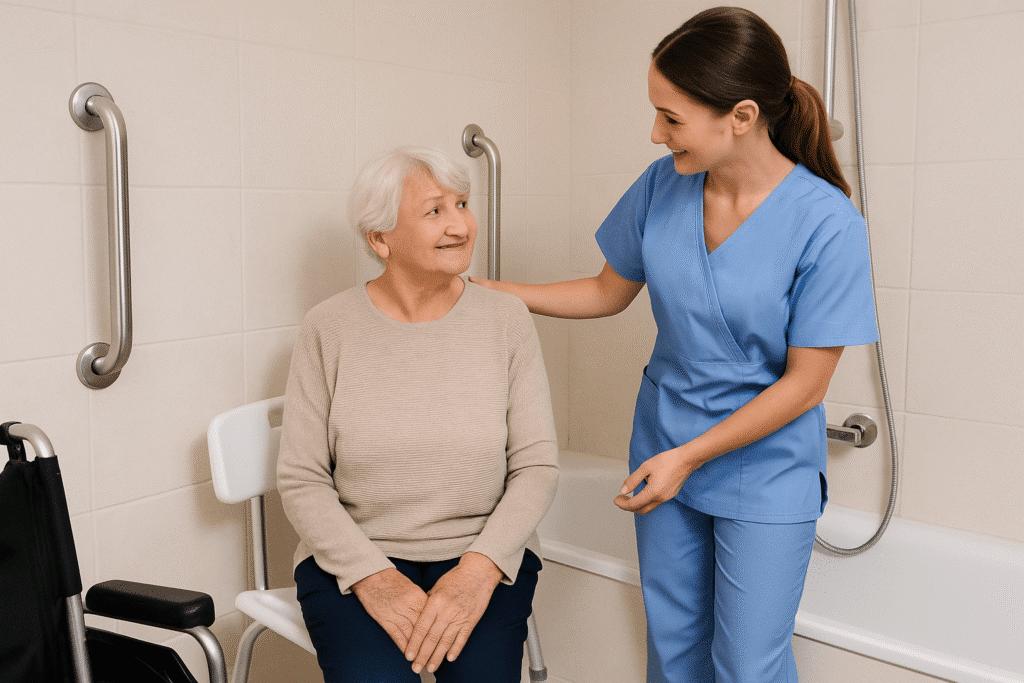Dehydration is more than just feeling thirsty; it can be life-threatening, especially for seniors.
An elderly person can die from dehydration if it becomes severe and untreated, making early recognition and prevention crucial.
What Is Dehydration?
Dehydration is when the body loses more fluids than it takes in, leaving it unable to function properly. Even mild dehydration can affect energy, mood, and thinking, while severe cases can damage organs and become fatal.
As people age, dehydration becomes more common due to natural body changes, medications, and chronic conditions.
Fluids help regulate temperature, support digestion, and maintain circulation, so when water loss outpaces intake, every system in the body is put under strain.
Why Dehydration Is More Dangerous in Older Adults
Older adults face higher risks because of age-related changes in the body:
- Weakened thirst response: Seniors may not feel thirsty even when their body needs water.
- Reduced kidney function: Aging kidneys filter fluids less efficiently, causing faster fluid loss.
- Lower body water content: With age, the body naturally holds less water, leaving fewer reserves.
- Medication effects: Diuretics, blood pressure drugs, and laxatives can increase water loss.
- Cognitive or mobility challenges: Dementia, memory loss, or limited mobility may prevent seniors from drinking enough on their own.
Can Dehydration Cause Death in the Elderly?
Yes, dehydration can cause death in elderly people when it progresses to severe stages. Without treatment, it can trigger kidney failure, low blood pressure, seizures, and organ damage that quickly become life-threatening.
The danger lies in how dehydration disrupts vital functions. Seniors already have less fluid reserve and weaker recovery capacity, so once dehydration sets in, their bodies decline faster.
Prompt medical care, often with IV fluids, can reverse the effects, but delays in treatment greatly raise the risk of fatal complications.
Life-Threatening Complications of Untreated Dehydration
Severe dehydration is a medical emergency for older adults because it quickly disrupts vital functions in the body. If untreated, it can lead to life-threatening complications such as:
- Hypovolemic shock: A dangerous drop in blood pressure and oxygen delivery.
- Kidney failure: Inability to filter waste and regulate fluids.
- Electrolyte imbalances: Abnormal sodium or potassium levels causing seizures or irregular heartbeat.
- Brain dysfunction: Confusion, delirium, or even coma.
- Multi-organ failure: Severe dehydration can overwhelm the body and cause death.
Signs and Symptoms to Watch For in Seniors
Early recognition is key. Dehydration in older adults often shows up differently than in younger people.
Mild to Moderate:
- Dry mouth and lips
- Dizziness or lightheadedness
- Fatigue or low energy
- Dark-colored urine or reduced urination
- Constipation
Severe:
- Confusion or sudden changes in behavior
- Very little or no urination
- Rapid heartbeat or breathing
- Sunken eyes and dry skin
- Fainting or loss of consciousness
Risk Factors for Senior Dehydration
Older adults are more vulnerable to dehydration because of the way the body changes with age. The natural decline in thirst sensation and kidney function means seniors may not notice fluid loss until it becomes severe.
Chronic health conditions like diabetes, kidney disease, or dementia further increase the risk. Medications such as diuretics or laxatives also promote water loss, making it harder to stay hydrated.
Lifestyle and living arrangements play a role, too. Seniors living alone may forget to drink water, while those with mobility challenges may find it difficult to get fluids on their own.
Caregiver support is often essential in preventing dehydration.
How to Prevent Dehydration in Older Adults
The good news is that most cases of dehydration can be prevented with simple daily habits:
- Encourage regular fluid intake: Aim for 6–8 cups of water spread throughout the day, even if the senior doesn’t feel thirsty.
- Offer water-rich foods: Fruits like watermelon, oranges, and grapes, and vegetables like cucumber or soups, all help boost hydration.
- Set reminders: Use alarms, notes, or hydration apps to prompt regular drinking.
- Choose safe, appealing drinks: Water is best, but milk, herbal teas, and diluted juices are also effective. Avoid excess caffeine or alcohol.
- Support independence: Provide lightweight cups, straws, or easy-grip bottles for seniors with arthritis or limited mobility.
- Monitor during hot weather or illness: Increase fluid intake when there is fever, diarrhea, vomiting, or high heat.
What to Do If You Suspect Dehydration
If you think an elderly person is dehydrated, act quickly to prevent serious complications. Seek medical care right away if symptoms are severe.
- Offer fluids immediately: Give small sips of water or an oral rehydration solution if the senior is alert and able to swallow safely.
- Move to a cooler environment: Heat worsens dehydration, so place them in a shaded or air-conditioned area.
- Check for severe symptoms: Confusion, fainting, very little urine, or a rapid heartbeat require emergency medical attention.
- Get medical help promptly: Hospitals can restore hydration with IV fluids, monitor electrolytes, and treat underlying causes.
Final Words
Dehydration may seem like a minor issue, but for seniors, it can be life-threatening if ignored.
Older adults are more vulnerable due to age-related changes, health conditions, and medications that make it harder to stay hydrated.
By watching for early signs, encouraging regular fluid intake, and acting quickly when dehydration is suspected, families and caregivers can prevent serious complications and help seniors stay safe, healthy, and independent.
FAQs
How much water should seniors drink daily?
Most seniors should aim for about 6 to 8 cups of fluids per day, though exact needs depend on their health, activity level, and medications. Fluids can come from water, drinks, and water-rich foods.
Is dehydration common in dementia patients?
Yes. People with dementia may forget to drink, have trouble recognizing thirst, or be unable to communicate their needs. This makes them more prone to dehydration and its complications.
Can dehydration be mistaken for another illness?
Often, yes. Symptoms like confusion, fatigue, and dizziness can mimic infections, medication side effects, or even stroke. This is why it’s important to consider dehydration as a possible cause.
What drinks are best for seniors to stay hydrated?
Water is the healthiest option, but herbal teas, milk, diluted fruit juices, and soups also help. Electrolyte drinks may be useful during illness or hot weather, but sugary or caffeinated drinks should be limited.
Lauren brings 8+ years of writing experience focused on accessibility, home organization, and senior living. Her practical guides are shaped by conversations with seniors and caregivers, helping readers simplify daily tasks with clarity and confidence.

